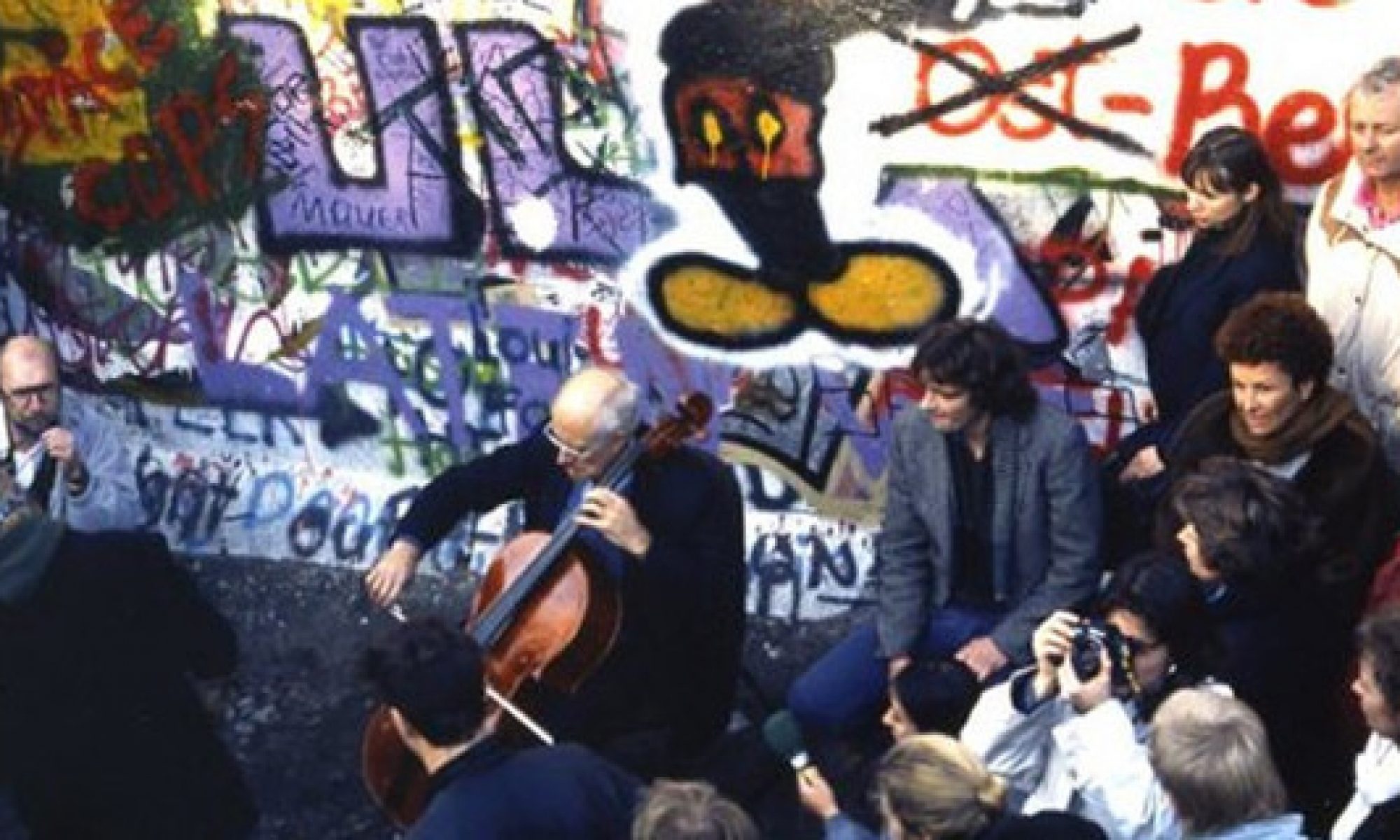After reading this article I realized that I was an undiagnosed technotourist. I’ve never traveled to Berlin, but I have heard of it’s great electronic music scene and would like to experience it sometime.
The music and the people seem to be the two largest attractions. Berlin also seems to be one of the most lively techno-tourist locations, although techno-tourism can be a lucrative industry for any host city. Berlin is an attractive city for not only historical tourists, but those who want to experience the music scene as well. I thought Garcia was right when he said Berlin was a “special case.” The city is attractive for loud music but not without the noise complaints of those living within the city. It highlights the cross between the two groups in Berlin – those involved in the electronic music scene, and those who aren’t.
The rise of techno tourism popularity seems to be analogous with a younger generation who are more cost-conscious and strive for experiences over materials. These people have really done everything they can to keep costs low, from booking flights months in advance, to avoiding all extra flight costs. Also, most tourists have connections to places to stay, but not all. Those without usually stay in more modest housing in hostels.
The reading on the Saharawi refugee camps in western Africa was interesting to me because it highlights the post-colonial world we are currently experiencing. The dust from the succession of the European colonial powers in Africa in the 20th century has not yet been settled. African nations are fighting for control of areas leaving hundreds of thousands without permanent homes, driven out of their homeland. Music during the revolution was voluntary and seen as a motivator for the cause – the survival of their people. It is important to the older generation that music not be paid for. The younger musicians have no problem accepting money.


I think you are right about the music and people being the biggest attractions for techno-tourists in Berlin. However, the prospect of living an authentic experience through the music is another attraction for techno-tourists. As the author Luis-Manuel Garcia pointed out, techno-tourists are interested in the neo-Romantic aspect of Berlin. They want to experience what living in Berlin is like. The conversation between Donna and Bob clearly illustrate this. Although they are the definition of tourists, they don’t want to be considered tourists because they want to be included in the culture.
I agree Berlin is a “special case.” Berlin being an old city with a lot of history. Even though it may be old the younger generations make sure to keep it up with the times. Through this class I have noticed that when ever we have talked about Berlin the younger generations have always been involved. They have always been involved weather it be to help or to keep the city hip. In this case they made it a techno city. Its fascinating that no matter what Berlin’s young generations have been involved to help the city.
I think that its important to keep Berlin, especially West Berlin, in the context of the historical period of the techno revolution. Berlin has only become a leading city in Europe and the world after the capital of Germany moved there from Bonn and they began to relocate agencies to the city. Previous to that and today, the city had a very artistic and free-spirited space that would allow the younger generations that inhabited the city to create this music culture. The culture of youth in Berlin has inspired not only techno revolution, but revolutions in all forms of art and society prior to the early 2000s.
While we often think of refugees in the context of people who intend on becoming migrants to Europe due to the struggle they face in their home country, the Saharawi people have created a new nation of sorts in one of the harshest parts of the Sahara desert. These camps allow the Saharawi people to express their national identity in a way they would not be able to under the control of a European power. The Saharawi people do not want their culture or music to be stolen and colonized as it represents their freedom from oppression. This can be seen even today in the European migrant crisis that music helps people connect to a culture that they may have left behind or lost, while keeping that culture alive.
Reading about the Saharawi Refugee Camps was interesting because it’s not a topic we typically hear about. I think it is appropriate that you mention that music was part of the revolution. While listening to the refugee playlist it was interesting to hear the contrast between how music uplifts the people, and gives them something to enjoy while they are going through horrific times, while also being a way for them to protest and release their frustrations about their situation. Up until this point in class we have been discussing music within clear borders. Whereas with the refugee music it is difficult because they are migrating in mass quantities and their homeland is being threatened and destroyed so their sense of identity or belonging is challenged.